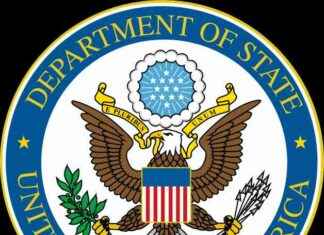Elon Musk’s hasty announcement in the summer of 2018 to take the electric car company Tesla public has been in court in San Francisco since Tuesday. Investors accuse the tech billionaire in a class action lawsuit that the resulting price fluctuations have cost them money.
At the center of the proceedings are Musk’s tweets at the time, in which he claimed, among other things, that the financing for the purchase of the shares at a premium to the price at the time was “secured”. Later it turned out that there were no final commitments, a withdrawal from the stock exchange was never concrete.
At the start of the trial on Tuesday in California, nine jurors were initially selected. Musk had tried in vain to have the process moved to Texas, where Tesla is currently based. His attorneys argued that potential San Francisco jurors were generally biased against the billionaire. The judge, however, did not accept this objection. The public can follow the process via audio transmission.
Several candidates were released from jury duty Tuesday for personal reasons or professional pressures. Many would-be jurors have been critical of Musk — and his attorney, Alex Spiro, has often probed for assurances of an unbiased assessment of the facts. One contestant said what she read about Musk led her to conclude he was “arrogant and narcissistic.” She did not make it onto the nine jurors.
When the lawsuit was filed, Tesla was still headquartered in Palo Alto in Silicon Valley south of San Francisco. Entrepreneur Musk, long celebrated as a tech visionary, revealed right-wing political views, especially in the course of the takeover of Twitter, which made him less popular in California, which traditionally tended to be more liberal.
Judge Edward Chen has already ruled that Musk’s statements in the tweets were not true. While the jury is made aware of this, they are asked to evaluate whether these statements were relevant to investors and harmed them by relying on them. They also need to determine whether Musk was aware that he was making false statements.
The tweets caused a lot of trouble for Musk and Tesla. The 51-year-old and the company each paid fines of $20 million for misleading investors, according to the SEC’s investigation. In addition, Musk had to give up the chairmanship of the board of directors and undertake to have Tesla approve potentially price-sensitive tweets.












